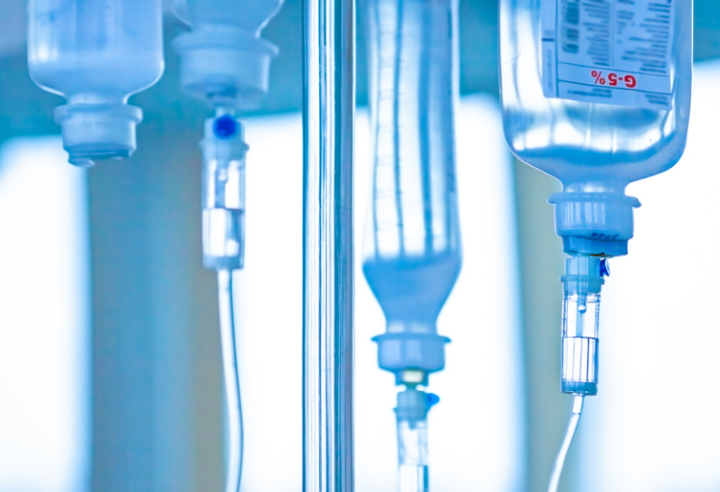Chemotherapy
Speciality Services
Chemotherapy

Chemotherapy is the most commonly used word in the cancer field. It denotes the various drugs or drug combinations used in the treatment of cancer patients. Chemotherapy can be in intravenous, oral, subcutaneous or intrathecal from. There are numerous forms of drugs used for treatment of cancer and chemotherapies differ according to the disease being treated. Treatment with chemotherapy may require admission for a day, or few days to 4-5 weeks. Various chemotherapy protocol schedules are available for blood cancers. For acute myeloid leukemia 3+7 is the most common induction regimen but others like HAM, FLAG-Ida or Decitabine/Azacytidine and novel drugs can also be used. Similarly for acute lymphoblastic leukeima combination of various drugs like steroids/Vincristine/Daunorubicin/Asparaginase/Cyclophosphamide/Cytarabine/6-MP etc are commonly used. For non Hodgkin lymphoma R-CHOP, DA-EPOCHR etc. are used, for Hodgkin lymphoma ABVD protocol is most commonly used. For Multiple Myeloma combination of 3-4 drugs is commonly used. The common protocols used for myeloma treatment include VRD, VCD, VTD, Mel-dexa, Daratumumab, Bendamustine etc. Intrathecal chemotherapy involves giving drug to prevent or treat disease in the brain. All chemotherapy drugs can have some or the other side effects. The common side effects include, nausea, vomitings, oral ulcers, hair loss, hyperglycemia and less common side effects like involvement of kidneys (due to tumor lysis), liver, heart, lungs, brain depending on the type and duration of chemotherapy.
